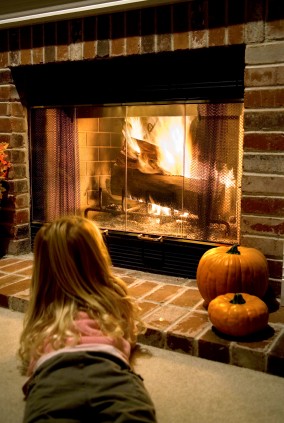Radiators are a common way to heat homes, but are they the best option on the market? Radiators are known for producing great heat, but they can also lose a lot of heat that never makes it to your home. If you have a radiator, you may be wondering how your radiator loses heat so that you can prevent it from happening.
In some cases, it may be that your radiator has damage that needs to be addressed. If you need radiator repair in Burlington, VT, our team can help. We can assess your home while we’re there and offer solutions for maximizing the heat from your radiator.
How Radiators Heat Your Home
Radiators work differently than a forced air system that blows air throughout your home. Instead of heating air and then blowing the air into your home, a radiator heats using the convection process. The water inside the radiator heats up and then heats the air surrounding it. This warm air circulates through the air and heats your home.
Most radiators are connected systems of water pipes that are located throughout your home. The water heats up inside the radiator and then flows through the pipes in your home to heat the rooms. After flowing through all of the pipes the water returns to the radiator to heat up again and recirculate. This process repeats for as long as you leave your radiator turned on.
Radiator Pros and Cons
Radiators are considered nearly 100% efficient at using electricity to produce heat, but it doesn’t mean that all of the heat makes it into your home. Radiant heaters are only heating the air closest to the water pipes. You still have to have some type of air circulation (like ceiling fans) to move the air around so that more of it can be heated. Your home is likely to be warmer the closer you are to the heated pipes.
When the water from your radiator flows through the pipes, it cools down as heat transfers out into the air. This means that the farthest point from your radiator will receive the least heat. Many radiator systems have a series of radiators placed throughout your home so that each room heats evenly. But the loss of heat can still lead to uneven temperatures in some areas.
Radiators can also lose heat through windows, doors, and tiny cracks around your home. Insulation is one of the biggest factors in how well a radiator can heat your home. If you can keep the heat produced by your radiator inside, it will work nicely.
If you have too many gaps in your insulation then your radiator won’t heat your home efficiently. Instead, it will always be working against the warm air being lost to the outside. Make sure that you have adequate insulation in your walls, attic, and around windows and doors. Heat loves to try and escape in any way it can. You can maximize the feeling of heat in your home by positioning furniture near the radiators.
Red Rock Mechanical, LLC serves Northwest Vermont and Northeast New York. Schedule heating service with us today.








